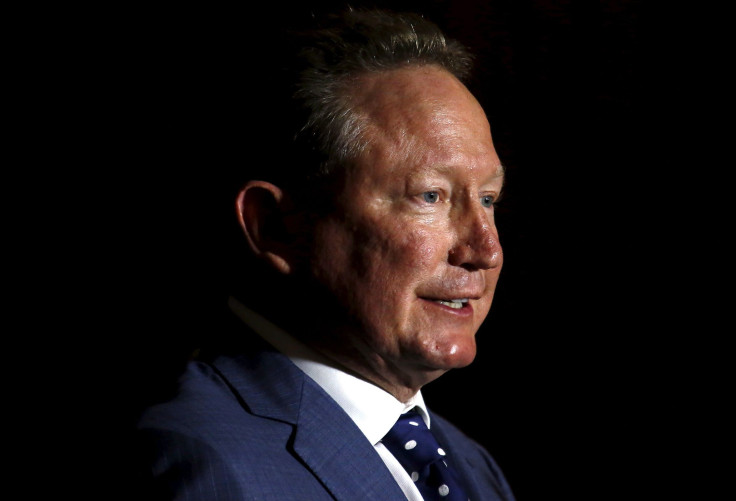Mining services provider Programmed signs contract to employ 5,000 Indigenous Australians

Mining services provider Programmed is looking to employ 5,000 Indigenous Australians. The development comes as part of a 10-year plan announced in Canberra last week with Prime Minister Malcolm Turnbull and Fortescue Metals Group chairman Andrew Forrest.
The contract to employ Indigenous people, largest ever signed by an Australian company, will be undertaken in an effort to enhance the diversity of society in terms of culture, gender, age, sexual orientation and abilities. The deal was signed between Programmed Managing Director Chris Sutherland, Turnbull and Forrest.
The contract will be managed through the Australian Employment Covenant. Government organisations like VTEC, the Employment Parity Initiative and jobactive will support the move. VTEC carried out more than 5,000 job placements for Aboriginal and Torres Strait Islander Australians last year. Job-specific training was provided to employees.
Forrest's Indigenous advocacy group GenerationOne will be overseeing the project. “It's going to shine a bright light into a minimum 5,000 Indigenous families and we are delighted by that," he said, speaking with Radio National. "It's a powerful signal of where Indigenous Australia is going and where we think certainly the disparity can end."
Employment was one of the six of seven close the gap targets that were not fulfilled in the latest report. According to Forrest, a lot more than just spending money on Indigenous affairs needs to be done to bridge the gaps of disparity.
"Government throwing around cash has actually led to that kind of soft prejudice, that almost racism of low expectations. What Indigenous people need now is opportunity,” Forrest said, adding that he was inspired by the move. "Opportunity to take their own responsibility and that's what employment does."
The Federal Government has said it will hand 3 percent of its contracts to Indigenous groups, according to a report from KPMG. In lieu of this, the government said it had been able to achieve 2.9 percent of the target.





















